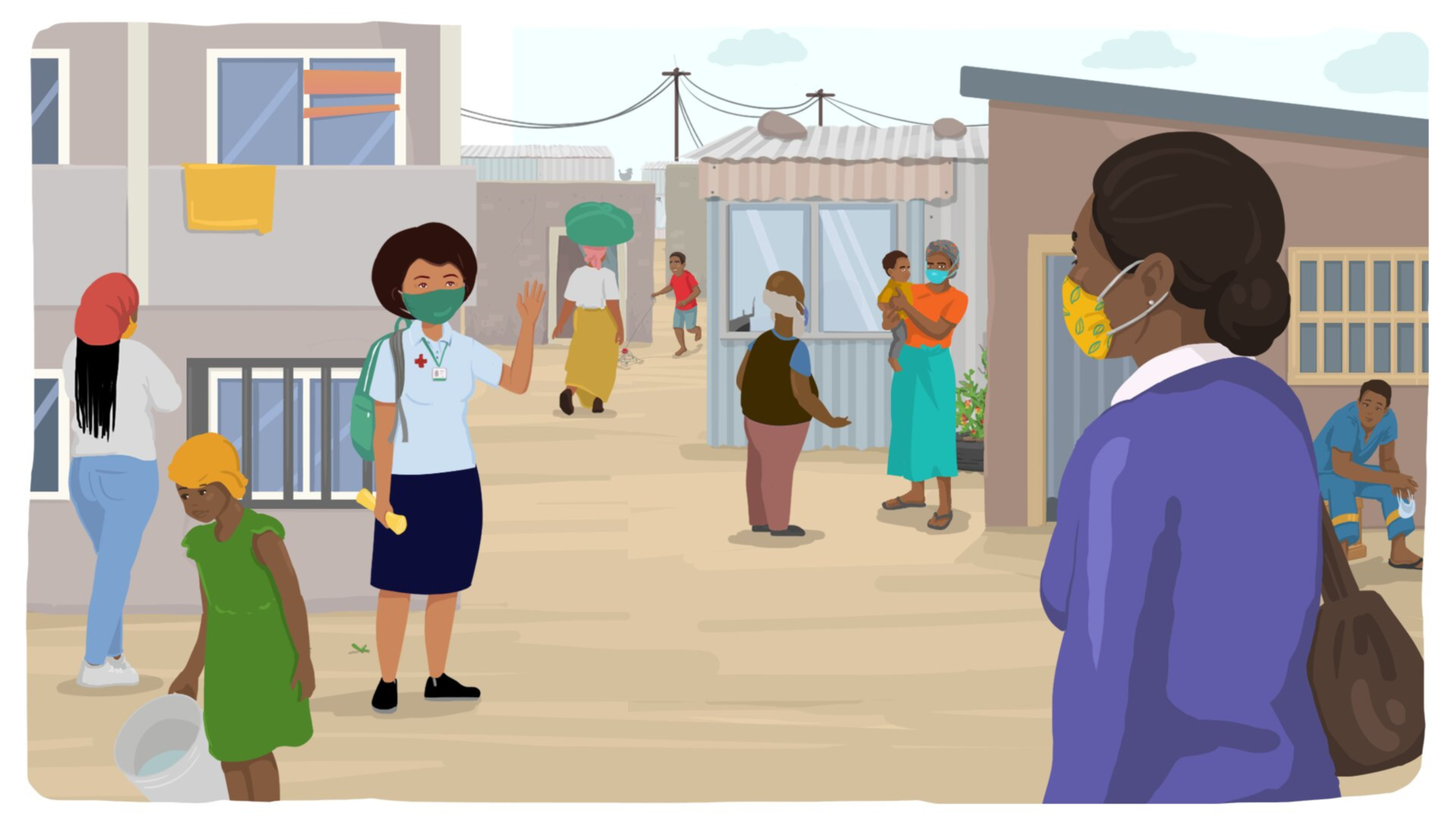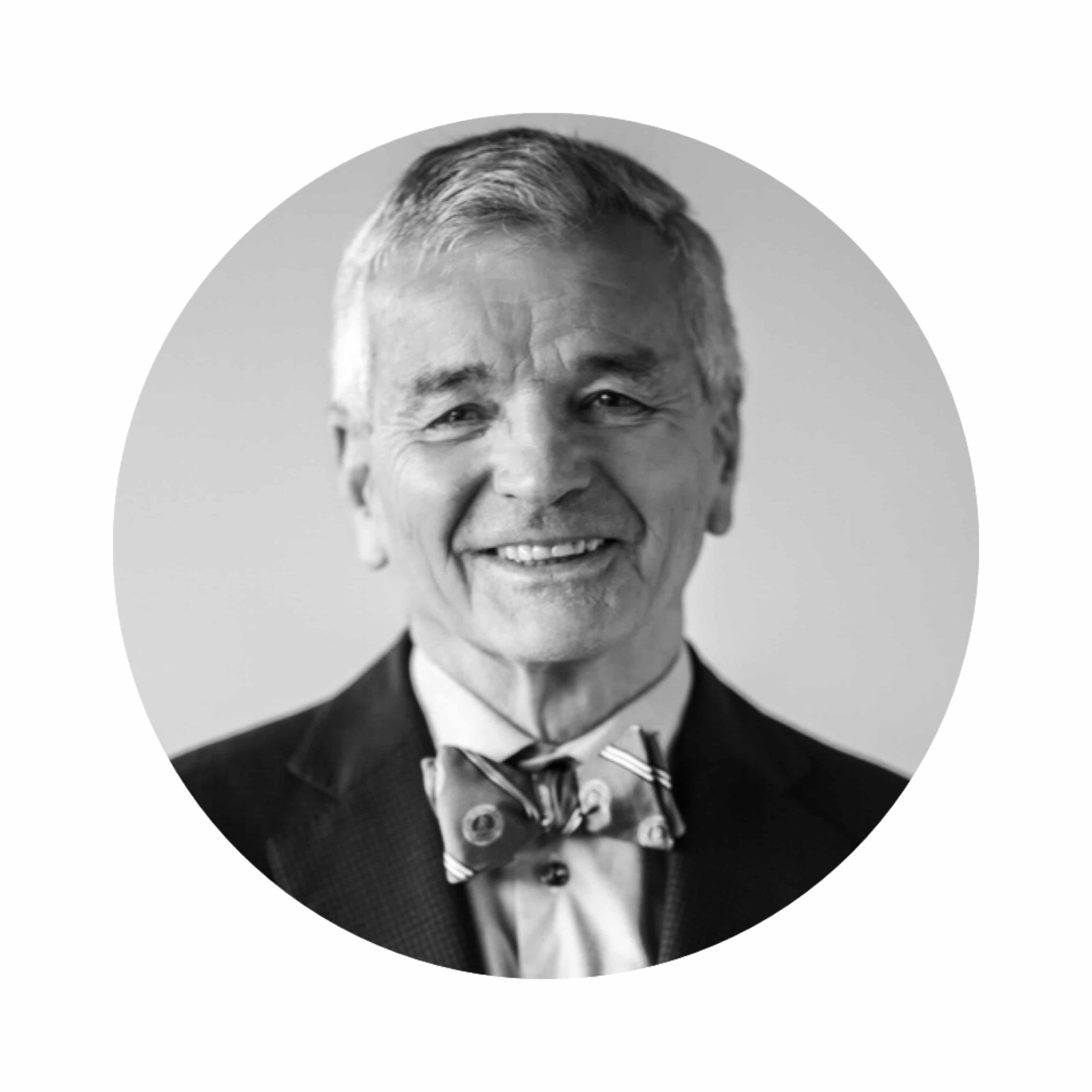Annual Program Summary
Expanding knowledge, improving health.
In 2022, we created 70 new videos on the most commonly searched health conditions, helped nearly double COVID-19 vaccination rates among Indigenous communities in rural Guatemala, launched a digital vaccination toolkit with community health workers, and much more.
We are thrilled to share more of our 2022 health education projects and stories of collaboration in our latest program summary.

Note from our leaders
"Although 2022 extended the pandemic-related health challenges faced by our global community, we are optimistic about the coming year. With gratitude to the support of our many collaborators and the commitment of each member of our team, we are pleased with the continued global impact of Digital Medic.
We continue to evolve our educational styles to be adaptable and scalable so that we can continue to amplify our global relevance. We have focused our energy over this past year on using lessons learned in addressing the global crisis to shape our future strategies and directions. At a high level, we have learned that:
Digital solutions are here to stay: The pandemic accelerated the adoption of digital solutions out of necessity, rapidly increasing digital literacy and allowing digital training solutions like ours to be embraced as a scalable and effective strategy for the global distribution of health education.
Misinformation/disinformation is a critical threat: With the explosion of social media and online sharing, there has been a rapid increase in the spread of health misinformation and disinformation. The need for evidence-based trusted health sources has never been so clear.
Social media is a critical distribution channel: We have paid closer attention to our distribution channels, including social media, and plan to continue expanding our collaborations and learner reach through new media.
Neglected routine health is our next global health crisis: As we emerge from the COVID-19 pandemic, we must reverse community members' reluctance to attend immunization clinics. We are focusing our work on increasing confidence in vaccination safety, and the importance of routine immunizations.
Health equity needs more attention: The pandemic highlighted the existing disparities in access to healthcare. Digital Medic is committed to democratizing health education and information equity. We believe that access to reliable health education is a human right. We are committed to working to increasing this access.
Partnerships are everything: Collaboration has been a core part of our mission since our founding.
We are humbled to work with so many dedicated organizations that help to expand our impact into new geographies.As we look to next year, we renew our commitment to the training of Community Health Workers through expanding our library of digital training resources. We will redouble our efforts as a learning lab to share knowledge on how to make digital health training effective, increase our outreach efforts to strengthen our relationships with health and government organizations, and celebrate our team and partnerships.
Thank you for your continued support of our mission and team - we could not do this without you.
With best wishes,
Charles and Aarti"


